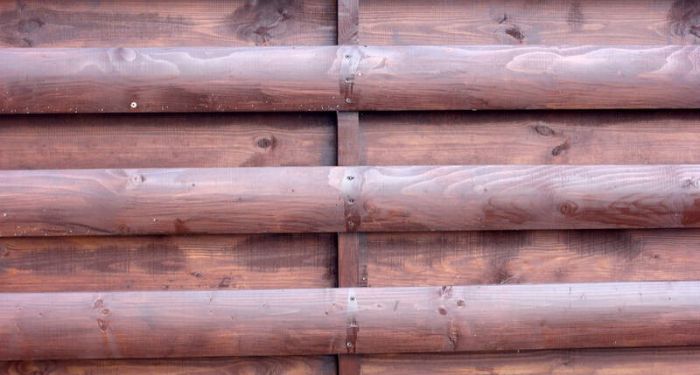

Installing hog wire & hog panel fencing costs $500 to $1,000 for an average-sized backyard - which ranges from 150 to 170 linear feet - and runs $3 to $5 per foot. You will have to check it regularly for cuts, holes, and loose connections. Great for keeping in smaller livestock.Ĭons: Can rust and stray wires may be hazardous to animals. It is durable, flexible, and made by twisting thin wires together to form a net structure.

Chicken wire is also known as poultry netting. People use mesh and chicken wire to pen in small animals like pigs, rabbits, and chickens. This average is for farm-use situations with 8 to 18-foot posts.
#INVISIBLE FENCE INSTALLATION COST INSTALL#
The cost to install mesh and chicken wire usually lands in a range of $600 to $1,300 and $4 to $10 per foot. Pros: Secure, strong, and safe for farm animals like horses and sheep.Ĭons: Animals grazing along the edge may get their foot stuck in the wire and wild animals may try to jump it. It consists of wires secured together by knots where they intersect.

This product is more complex to set up, but it is a better option for containing horses, goats, and sheep than other wire alternatives or wood. A 200-foot option could be as little as $400. The price marker used is one acre, or 836 feet, because this product is popular in agricultural situations. Woven wire fence installation costs $1,700 to $3,500 and typically runs $2 to $4 per foot. Pros: Secure, inexpensive, good for farmland and ranches.Ĭons: Potentially dangerous for kids and can be expensive if you use a lot of additional supplies. For farming or crop areas, it protects against large animals from getting in and destroying the crops. For smaller animals, it's good at keeping them from digging underneath to get out. This style is sometimes used with woven wire to prevent large animals from breaking it down when they get rowdy or excited. Ranchers usually use it to keep livestock - cows, horses, etc. Since it is highly customized for each job, chances are that it will be a perfect fit.īarbed wire fencing costs $1,200 to $3,500 to install, at a rate of $1 to $6 per foot. This heavy-duty option also makes for an effective barrier that will keep your yard secure from unwanted human, animal, and other guests. Wrought iron is one of the most secure products for this project and is also one of the most traditionally beautiful. Installing wrought iron fencing costs $1,300 to $4,100 and runs at a rate of $20 to $35 per foot. Pros: Won't rust and requires little repair or upkeep.Ĭons: Not the most secure type available. Aluminum also tends to be one of the most affordable metal options, and it's durable, which means you'll spend less on upkeep in the long run. It offers an attractive, lightweight alternative to other kinds of metal, including the heavyweight wrought iron. Installing aluminum fencing costs the average American homeowner between $2,000 and $5,000 at a rate of $20 to $30 per foot. Some of these products mimic the look of wood, but most resemble plastic. Some homeowners consider it to be unattractive.

It is not good for security, however, as it can't withstand attempts to cut through it. It is affordable, lightweight, durable, and easy to set up. Vinyl fencing installation costs between $2,000 and $5,000 and averages $20 to $25 per foot. Pros: Durable, affordable, and effective.Ĭons: Generally considered the least attractive product type and is susceptible to rust. Since it's made for function instead of form, it's great for delineating property lines or keeping in pets, but it doesn't make for a particularly attractive border. You can also expect to pay up to $2 more per linear foot for a vinyl-coated chain link versus an uncoated, galvanized chain link. The price varies mostly due to height, as a 6-foot or 8-foot style will take more material per linear foot than a 4-foot style. Chain link is one of the most affordable options. Pros: Inexpensive and can last for years with appropriate treatment.Ĭons: Requires regular upkeep and staining.Ĭhain link fences cost $1,100 to $2,700 to install and range from $5 to $40 per foot. Wood, along with vinyl and stone, is a great product for privacy fencing. Though it usually has a natural look, it is both stainable and paintable. The products usually consist of pine, redwood, cedar, or other species that are resilient when wet. Wood is one of the most common products for this project and it can last a long time if you treat it correctly. Installing a wooden fence costs most homeowners an average of $1,700 to $4,000, or $10 to $20 per foot. Find hiring guides, material costs, expert advice, how-to's and more.


 0 kommentar(er)
0 kommentar(er)
